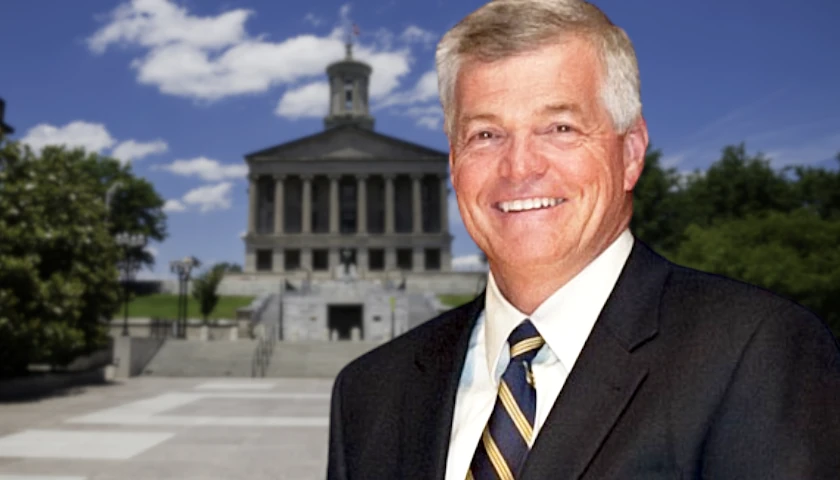Years ago I wrote an article with the late Dr. Lew Solmon, the former dean of the UCLA Graduate School of Education and program administrator for the Milken Family Foundation. Dr. Solmon studied under six Nobel Prize winners at the University of Chicago, School of Economics. He advised numerous Governors and state superintendents. We captured the underlying complexity of federal policies and conservative thought. The article espoused our concept which we called the Theory of Devolution.
In a nutshell, most conservative orthodoxy in education and other policy areas is that of devolution. What devolution means is that the power to make decisions is returned to those closest to the people. Taxpayer money is spent for the needs at the local level, rather than at the national level.
Conservatives generally agree that local authorities know better than the U.S. Congress or the U.S. Department of Education whether schools in their district would be better off with new roofs or with smaller class sizes or higher standards. Local school systems also know what works or what doesn’t work in their schools.
That being said, what should the federal role in public education be?
Few people want the federal government to micro-manage our state and local education policy and practice. Perhaps the best strategy is for the federal government to send states the money with incentives to put it to good uses that have been identified by proven quality research and methods. The federal role may be to provide guidance, rooted in best practices, to help well-intentioned state and local education officials do the right things-even if we do not tell them exactly how to do them.
Likewise, the state should never stand in the way of any school or district from developing their own distinctive policies that addresses specific community priorities. Local Education Agencies should be encouraged to pursue shared education goals with other schools, districts or states. For example, urban districts have different objectives than rural districts in Tennessee and elsewhere. Devolution, perhaps falsely, also presumes that well-intentioned state or local officials have the ability to act on accurate information in ways consistent with meeting agreed-upon goals. There is tremendous variability in the power structure of educational interests across states and districts.
We must examine our state laws to look at state policies that conflict with the responsibilities of different levels of government in our K-12 system. The further one is from the student, the less the impact any decision should matter. Think tanks, policy groups and white papers have a place in the debate, but should never supersede the decision making authority of those closest to the student.
Virtually every policymaker agrees with educators that our students are over-tested. A recent trend in our state, by legislators, is to limit the amount of testing time by students. In addition, some legislators want to give districts the choice in which test they administer. Some districts want to utilize the ACT Suite of Tests for example, which ties into the College and Career goals of the state.
State Senator Jim Tracy has proposed legislation to allow ACT scores of at least 21 to count as TCAP scores in 11th grade in order to reduce testing. This legislation makes sense. Better student performance on ACT/SAT aligns with the state Drive to 55, college and career ready and literacy initiatives. It could also decrease total testing time, aligning with the recommendations of the Assessment Task Force. And it could reduce costs.
So how can we reconcile these potential problems with beliefs in individual rights and local decision-making? First, we must recognize differences in state and local education priorities. Consequentially, we must ask ourselves whose individual rights and whose local decision-making do we seek to protect?
Conservatives that believe the power to make decisions should be made by those closest to the people. However, taxpayer money spent for the needs at the local level may have a hard time convincing the public of specific needs, while reconciling with this political philosophy.
As Dr. Solmon would remind us, “Let the debate continue.”
##
JC Bowman is the Executive Director of Professional Educators of Tennessee, a non-partisan teacher association headquartered in Nashville, Tennessee. Follow him on Twitter @jcbowman. Permission to reprint in whole or in part is hereby granted, provided that the author and the association are properly cited.





